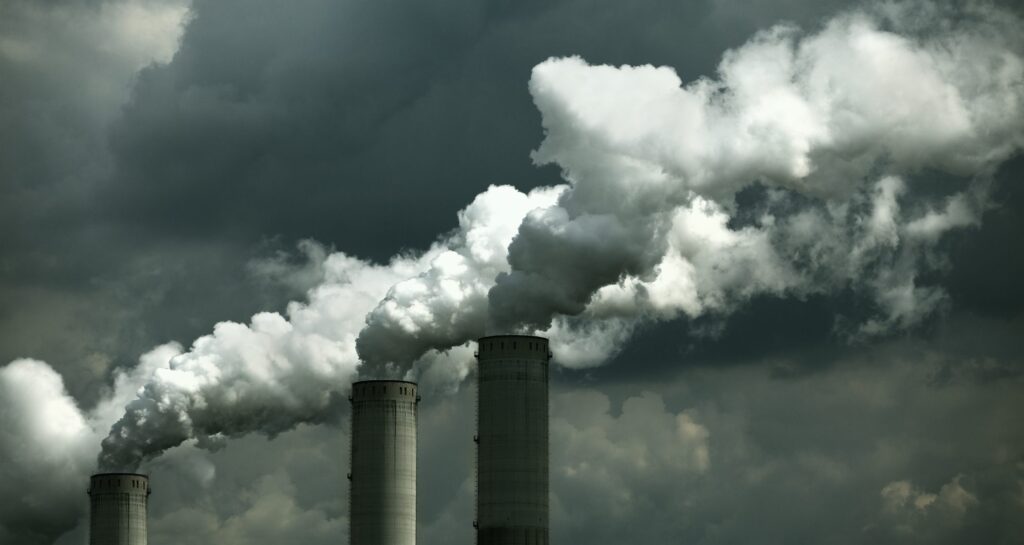.
(AP) – E-mails stolen from climate scientists show they stonewalled skeptics and discussed hiding data – but the messages don’t support claims that the science of global warming was faked, according to an exhaustive review by The Associated Press.
The 1,073 e-mails examined by the AP show that scientists harbored private doubts, however slight and fleeting, even as they told the world they were certain about climate change. However, the exchanges don’t undercut the vast body of evidence showing the world is warming because of man-made greenhouse gas emissions.
SKEPTICS REBUKED
When the journal, Climate Research, published a skeptical study, Penn State scientist Michael E. Mann discussed retribution this way: “Perhaps we should encourage our colleagues in the climate research community to no longer submit to, or cite papers in, this journal.”
That skeptical study turned out to be partly funded by the American Petroleum Institute.
The most provocative e-mails are usually about one aspect of climate science: research from a decade ago that studied how warm or cold it was centuries ago through analysis of tree rings, ice cores and glacial melt. And most of those e-mails, which stretch from 1996 to last month, are from about a handful of scientists in dozens of e-mails.
Still, such research has been a key element in measuring climate change over long periods.
“This is normal science politics, but on the extreme end, though still within bounds,” said Dan Sarewitz, a science policy professor at Arizona State University. “We talk about science as this pure ideal and the scientific method as if it is something out of a cookbook, but research is a social and human activity full of all the failings of society and humans, and this reality gets totally magnified by the high political stakes here.”
In the past three weeks since the e-mails were posted, longtime opponents of mainstream climate science have repeatedly quoted excerpts of about a dozen e-mails. Republican congressmen and former vice presidential candidate Sarah Palin have called for either independent investigations, a delay in U.S. Environmental Protection Agency regulation of greenhouse gases or outright boycotts of the Copenhagen international climate talks. They cited a “culture of corruption” that the e-mails appeared to show.
That is not what the AP found. There were signs of trying to present the data as convincingly as possible.
Cambridge, MA (2003) – A review of more than 200 climate studies led by researchers at the Harvard-Smithsonian Center for Astrophysics has determined that the 20th century is neither the warmest century nor the century with the most extreme weather of the past 1000 years. The review also confirmed that the Medieval Warm Period of 800 to 1300 A.D. and the Little Ice Age of 1300 to 1900 A.D. were worldwide phenomena not limited to the European and North American continents. While 20th century temperatures are much higher than in the Little Ice Age period, many parts of the world show the medieval warmth to be greater than that of the 20th century.
Smithsonian astronomers Dr. Willie Soon and Sallie Baliunas, with co-authors Craig Idso and Sherwood Idso (Center for the Study of Carbon Dioxide and Global Change) and David Legates (Center for Climatic Research, University of Delaware), compiled and examined results from more than 240 research papers published by thousands of researchers over the past four decades. Their report, covering a multitude of geophysical and biological climate indicators, provides a detailed look at climate changes that occurred in different regions around the world over the last 1000 years.
The scientific infrastructure erected to identify global warming may find itself impotent to ensure that emissions will be cut and civilization will adapt.
Scientists have the knowledge, but politicians and social institutions hold the power. Channels between them are rudimentary at best, many analysts say. Without a fundamental shift in emphasis, they caution, the scientific infrastructure so painstakingly erected to identify the problem will find itself impotent to ensure that global warming will be mitigated and civilization will adapt to its inevitable impacts.
Take the Intergovernmental Panel on Climate Change: The world authority on climate change synthesizes disparate scientific findings on climate from around the globe. Those summaries by mandate must remain “policy neutral.”
And so the IPCC and other scientific bodies offer little guidance to policy makers confronting the daunting pressures and details of a disrupted climate, whether it be fortifying levees, shifting energy policy, capping emissions or moving low-lying villages.
The solution, many experts agree, is a new level of cooperation on all political levels, from county commissions on up through the United Nations.
Republican House representative Joe Barton, quoting ‘scientific data’ from the British Telegraph article …
"But I will not let myself be reduced to silence."
